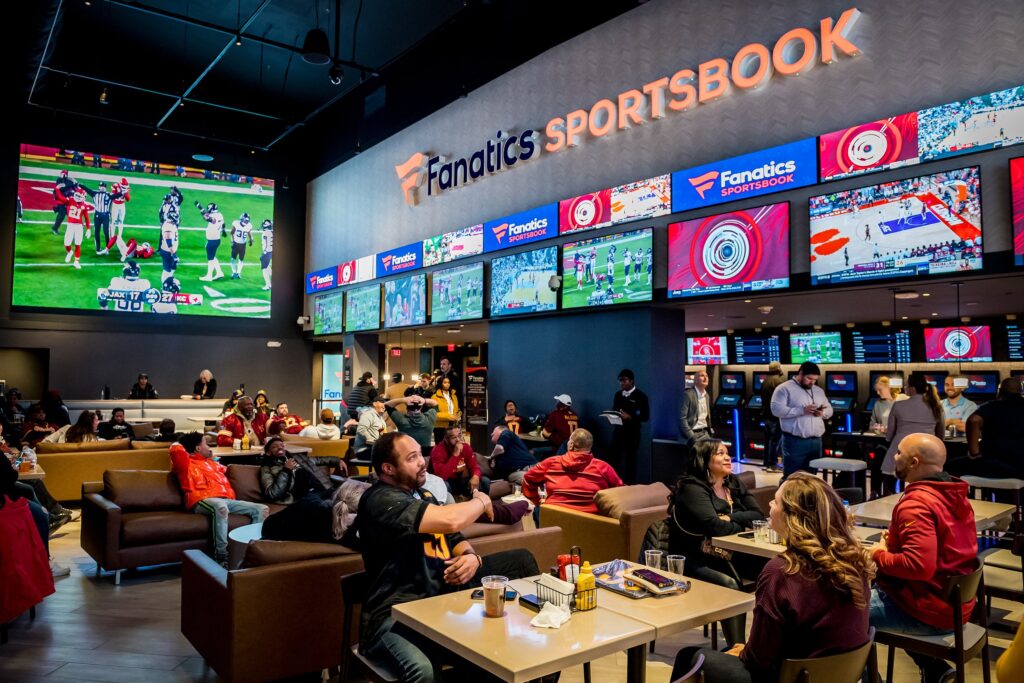In February, the Arizona Department of Gaming (ADOG) initiated a call for applications to award sports betting licenses, including one specifically aimed at tribal entities and another for professional sports franchises, within the framework of a total of 20 licenses allowed by law.
These licenses are evenly split, with 10 designated for tribal casinos and another 10 for professional sports venues or franchises.
Despite the open application window, the ADOG revealed to iGB that it hadn’t received any applications for the professional sports franchise license during this round, mirroring the outcome of a previous licensing period.
To this point, eight professional sports franchises have obtained licenses, leaving two such licenses still up for grabs.
This stagnation occurs two and a half years after the legalization of sports betting in Arizona, suggesting a saturation point may have been reached, with no additional professional franchises in the state eligible or willing to apply.
The situation differs on the tribal front, where all 10 licenses allocated to tribal entities have been claimed.
This has left a minimum of six tribes on the outside looking in, unable to participate in the state’s sports betting market.
In a notable development last August, Bet365 secured a license through a partnership with the Ak-Chin Indian Community, filling a void left by the closure of Fubo Sportsbook in 2022. Bet365’s operation went live in February.
In other news, Fanatics has rapidly expanded its digital sportsbook presence across the United States, now operational in 16 states, including some of the largest markets for legal sports betting.
This expansion was propelled by its acquisition of PointsBet’s North American operations.
Fanatics Sportsbook is in the process of launching its Arizona platform, pending regulatory approval and the submission of requisite documentation to the ADOG.
Arizona’s sports betting sector achieved a milestone in January, setting a new record for the total amount wagered.
The state’s 16 active operators handled $706.4 million in bets, generating $46.2 million in adjusted gross revenue after promotional adjustments.
This activity contributed $4.6 million in taxes to the state, as detailed in the sports betting revenue report published on March 12.
